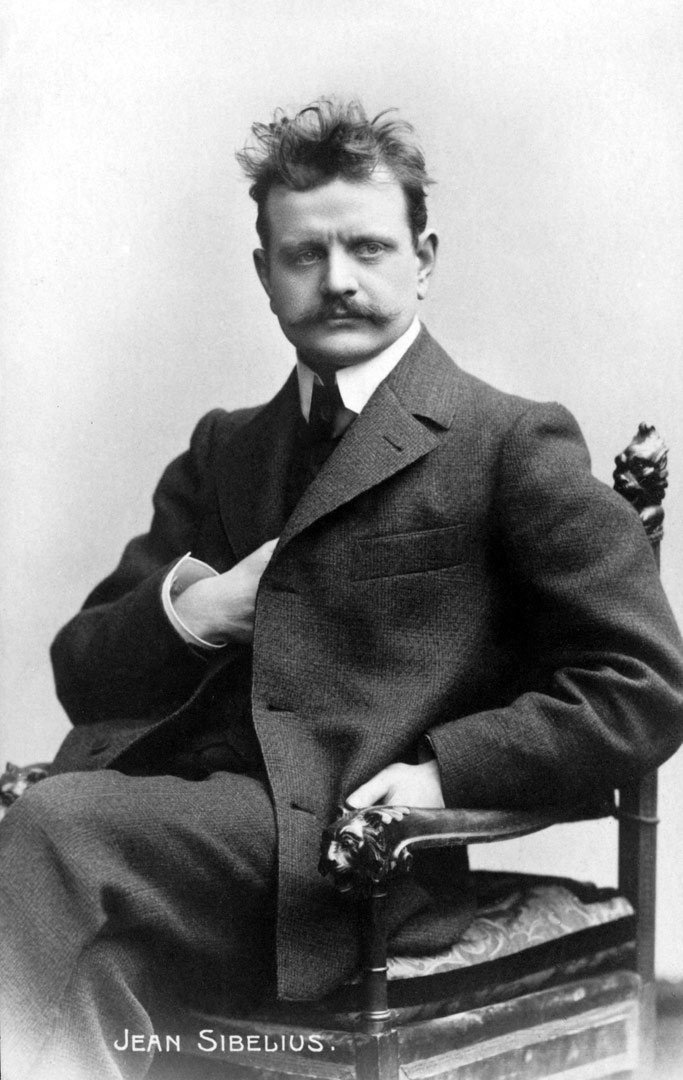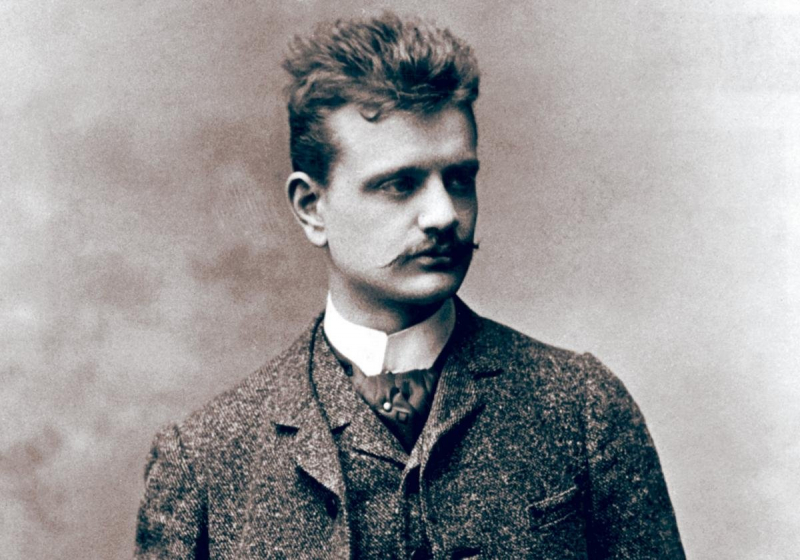Jean Sibelius
One of the most important historical figures in Finland is Jean Sibelius. Jean Sibelius (born Johan Julius Christian Sibelius; 8 December 1865 – 20 September 1957) was a late Romantic and early-modern Finnish composer. He is largely considered as his country's best composer, and his music is frequently credited with aiding Finland's development of national identity during its struggle for independence from Russia. His set of seven symphonies, like his other significant works, is regularly played and recorded in Finland and other countries throughout the world. Finlandia, the Karelia Suite, Valse triste, the Violin Concerto, the choral symphony Kullervo, and The Swan of Tuonela are among his other well-known works.
Sibelius was a prolific composer until the mid-1920s, but after finishing his Seventh Symphony (1924), incidental music for The Tempest (1926), and the tone poem Tapiola (1926), he stopped writing major works in his final 30 years. Although he is said to have ceased composing, he sought to continue, including failed attempts at an eighth symphony. Later in life, he composed Masonic music and re-edited some of his earlier pieces, while maintaining an active but not always receptive interest in contemporary musical advances.
Until 2002, when the euro was introduced, the Finnish 100 mark note featured his likeness. Since 2011, Finland has observed a flag-flying day on the composer's birthday, December 8, also known as the Day of Finnish Music. In 2015, to commemorate Sibelius's 150th birthday, a number of special concerts and festivities were held, particularly in Helsinki, Finland's capital.









